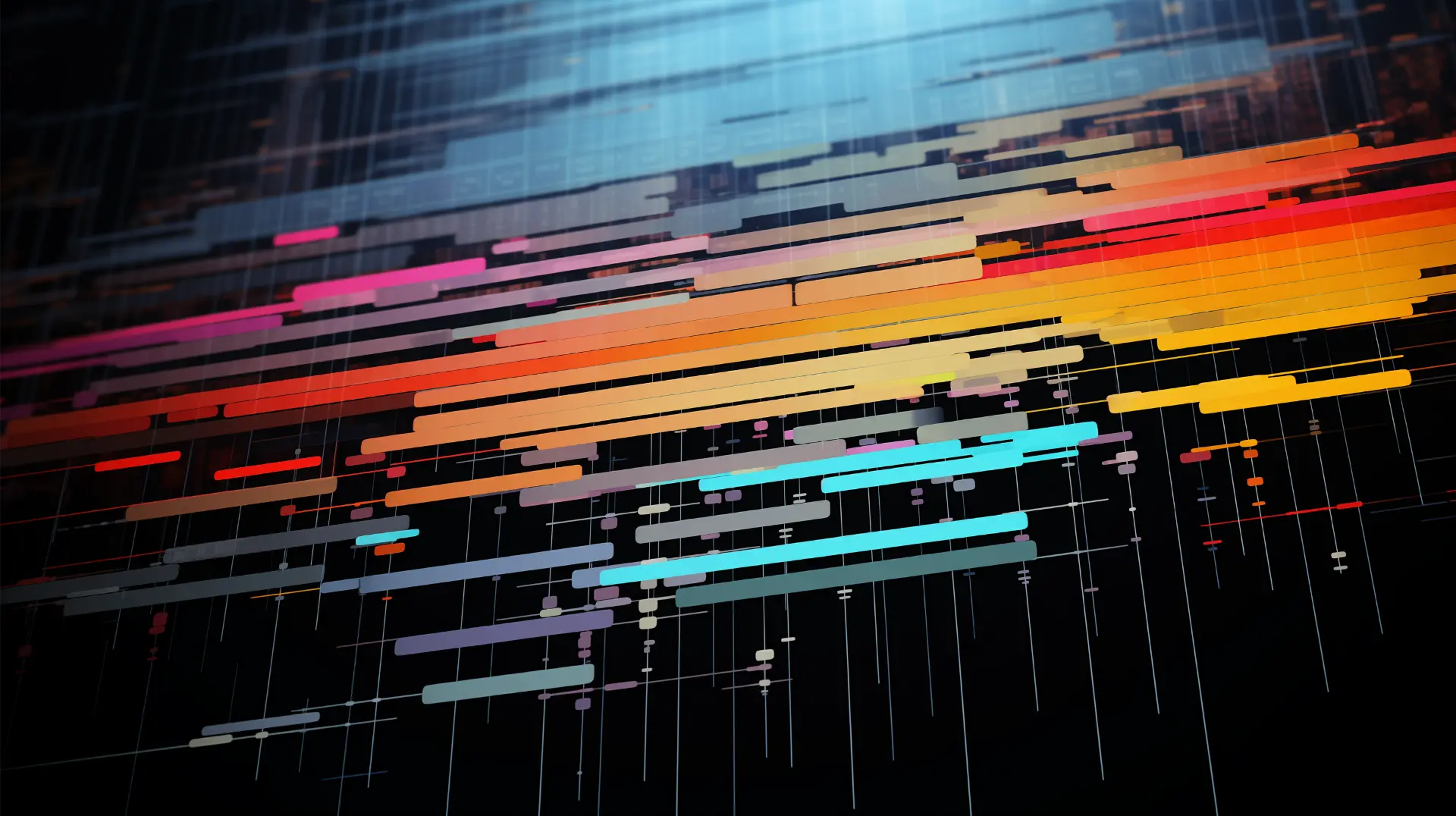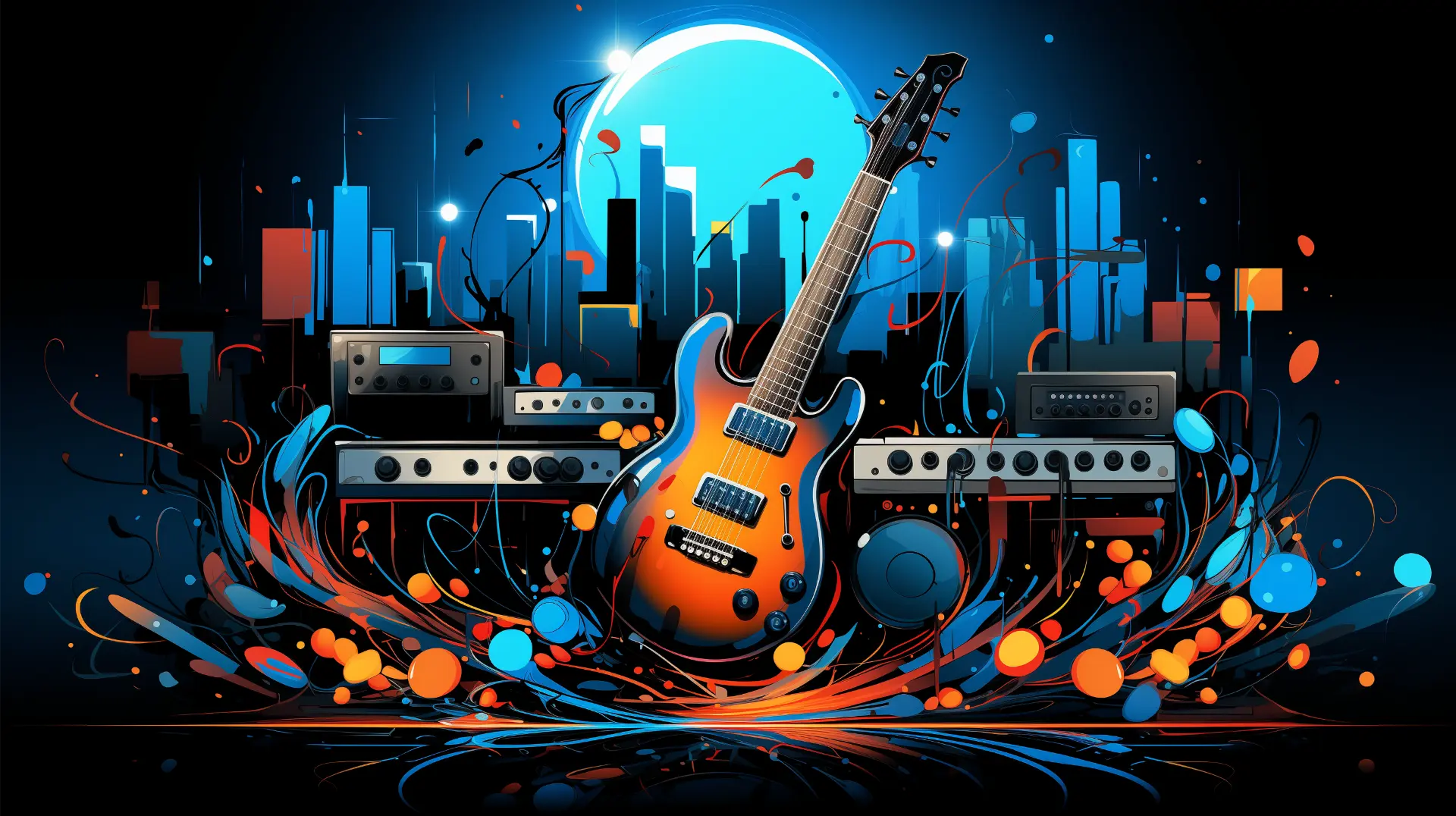Best Studio Recording Software: The Definitive Guide (2024)
Embark on your sonic adventure with 2024‘s elite studio recording software. From crafting hits with cutting-edge DAWs to fine-tuning sounds with top-tier VSTs, this guide is your blueprint for audio brilliance.

DAW Software
Amidst the myriad of tools in a sound artist's arsenal, the Digital Audio Workstation stands as the cornerstone. It's where ideas converge, where tracks are born, and where music comes alive. Below, we delve into the world of DAWs, highlighting software that offers not just features, but a seamless creative experience.
Best DAW Software: The Definitive Guide (2024)
Digital Dreamscape: Crafting Sonic Art
Read More about the Best DAW Software: The Definitive Guide (2024)Explore the pinnacle of music production with our top DAW software picks. From intricate arrangements to polished mixes, these platforms empower artists to weave sonic tapestries, turning musical visions into audible realities.

VST Plugins
Venture into the vast universe of VST plugins, the magic behind every modern production. From VSTi instruments that recreate iconic sounds to VSTfx effects that add depth and character, our [year] guide unveils the plugins that are setting industry standards. Whether you're sculpting a mix or designing a sonic masterpiece, these tools are essential for achieving the perfect sound palette.
Best VST Plugins: The Definitive Guide (2024)
Virtual Virtuosity
Read More about the Best VST Plugins: The Definitive Guide (2024)Discover the transformative power of VST plugins with our handpicked selection. From VSTi instruments that breathe life into melodies to VSTfx that sculpt and refine sound, these tools are the essence of modern music production, ensuring every composition resonates with depth, clarity, and character.

FAQ Buying Guide: Best Studio Recording Software
Embarking on the journey of music production requires choosing the right digital tools. From Music Digital Audio Workstations (DAWs) to VST plugins, and notation and composition software, each plays a pivotal role in the creative process. This guide is designed to help you navigate the landscape of studio recording software, ensuring you select the best tools to bring your musical visions to life.
The landscape of studio recording software is vast and varied. By carefully considering your needs and experimenting with different options, you can assemble a suite of tools that not only fits your workflow but also inspires and facilitates your creative process. Remember, the best tool is the one that helps you realize your musical ideas most effectively.
What Is a Digital Audio Workstation (DAW)?
A DAW is a comprehensive software platform used for recording, editing, mixing, and producing audio files. It’s the cornerstone of modern music production, allowing producers to work with multiple tracks, integrate virtual instruments, apply effects, and more.
How Do I Choose the Right DAW?
- Workflow: Select a DAW that complements your workflow. Some are better suited for electronic music production, while others excel in live recording.
- Compatibility: Ensure the DAW is compatible with your operating system and hardware.
- Features: Look for key features you need, like MIDI editing, audio quantization, and plugin support.
- Budget: DAWs range from free to several hundred dollars. Consider your budget and the value of included plugins and sounds.
What Are VST Plugins?
VST (Virtual Studio Technology) plugins are software modules that add additional sounds, instruments, or effects to your DAW. They come in three main types: instruments (VSTi), effects (VSTfx), and MIDI effects.
How Many VST Plugins Do I Need?
Start with a few essential plugins that cover your basic needs (such as EQ, compression, reverb, and a versatile synthesizer). Over time, you can expand your collection based on your specific production requirements and creative exploration.
What Are Software Tools in Music Production?
Software tools encompass a wide range of applications, including audio editors, sample managers, and standalone effect processors. These tools often perform specialized tasks that complement the functionality of your DAW.
What Is Notation and Composition Software?
Notation software allows composers and arrangers to create, edit, print, and playback sheet music. Composition software might include features for generating harmonies, developing motifs, or even AI-assisted composition aids.
How Important Is Notation Software for Producers?
If you’re involved in composing for film, classical arrangements, or require precise notation for session musicians, notation software is invaluable. For electronic music producers focused on MIDI sequencing, it might be less critical.
Can I Use Multiple DAWs or Software Tools Together?
Yes, many producers use a primary DAW for recording and mixing, along with secondary DAWs or tools for specific tasks like beat-making or mastering. Rewire and other technologies can help integrate these applications.
What’s the Benefit of Bundled Software with Hardware?
Bundled software can provide excellent value, offering a suite of tools and sounds to get started. It also ensures compatibility between your hardware and software, streamlining your setup.
How Do I Decide Which Software Is Best for Me?
Consider your primary music production goals, the genre you’re working in, and your budget. Many DAWs and software tools offer trial versions, allowing you to test their capabilities before committing.

